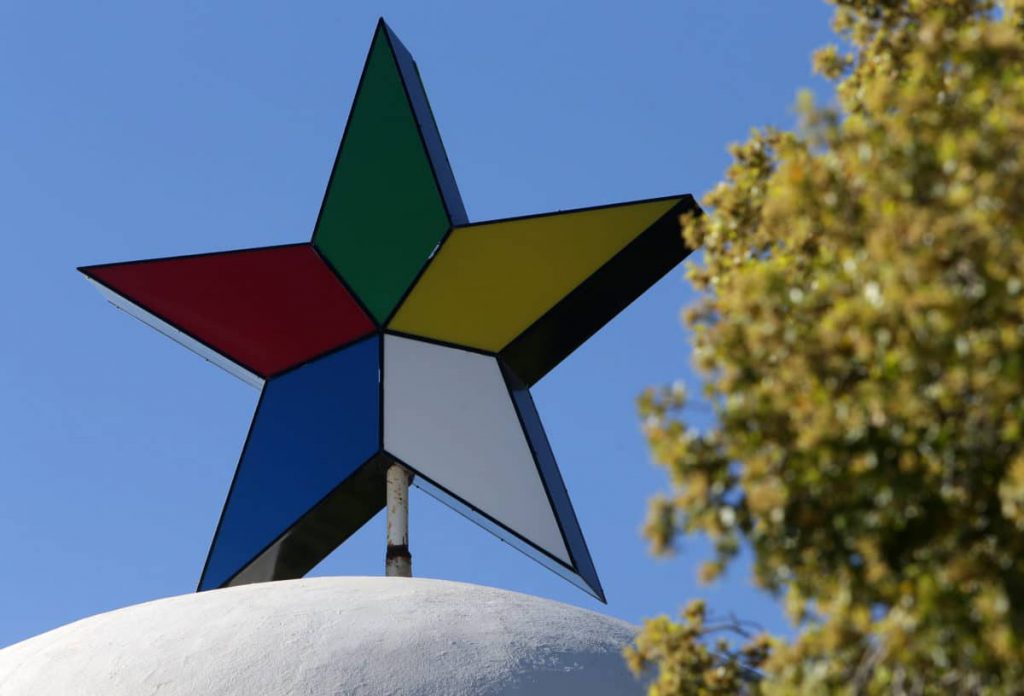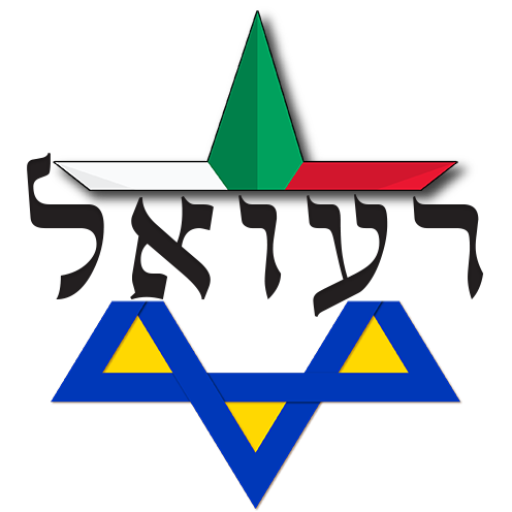The Druze are an Arabic-speaking esoteric ethnoreligious group originating in Western Asia who self-identify as The People of Monotheism (Al-Muwaḥḥidūn). Jethro of Midian is considered an ancestor of the Druze, who revere him as their spiritual founder and chief prophet. It is a monotheistic and Abrahamic religion based on the teachings of Hamza ibn Ali ibn Ahmad and the sixth Fatimid caliph, al-Hakim bi-Amr Allah, and Ancient Greek philosophers such as Plato, Aristotle, Pythagoras, and Zeno of Citium.
The Epistles of Wisdom is the foundational text of the Druze faith. The Druze faith incorporates elements of Isma’ilism, a branch of Shia Islam, Gnosticism, Christianity, Zoroastrianism, Buddhism, Hinduism, Neoplatonism, Pythagoreanism, and other philosophies and beliefs, creating a distinct and secretive theology based on an esoteric interpretation of scripture, which emphasises the role of the mind and truthfulness. Druze believe in theophany and reincarnation or the transmigration of the soul. Druze believe that at the end of the cycle of rebirth, which is achieved through successive reincarnations, the soul is united with the Cosmic Mind (al-ʻaql al-kullī).
Even though the faith originally developed out of Isma’ilism, Druze do not identify as Muslims. Druze are theologically distinct from Muslims due to their eclectic system of doctrines, such as the belief in theophany and reincarnation, and they do not accept nor follow the five pillars of Islam.
The Druze faith is one of the major religious groups in the Levant, with between 800,000 and a million adherents. They are found primarily in Lebanon, Syria, and Israel, with small communities in Jordan. They make up 5.5% of the population of Lebanon, 3% of Syria and 1.6% of Israel. The oldest and most densely-populated Druze communities exist in Mount Lebanon and in the south of Syria around Jabal al-Druze (literally the “Mountain of the Druzes”). The Druze’s social customs differ markedly from those of Muslims and today’s more urbanized Christians. They are known to form close-knit, cohesive communities which do not fully allow non Druzes in.
The Druze community played a critically important role in shaping the history of the Levant, where it continues to play a significant political role. As a religious minority in every country in which they are found, they have frequently experienced persecution by different Muslim regimes. Most recently, Druze were targeted by Islamic extremists.

